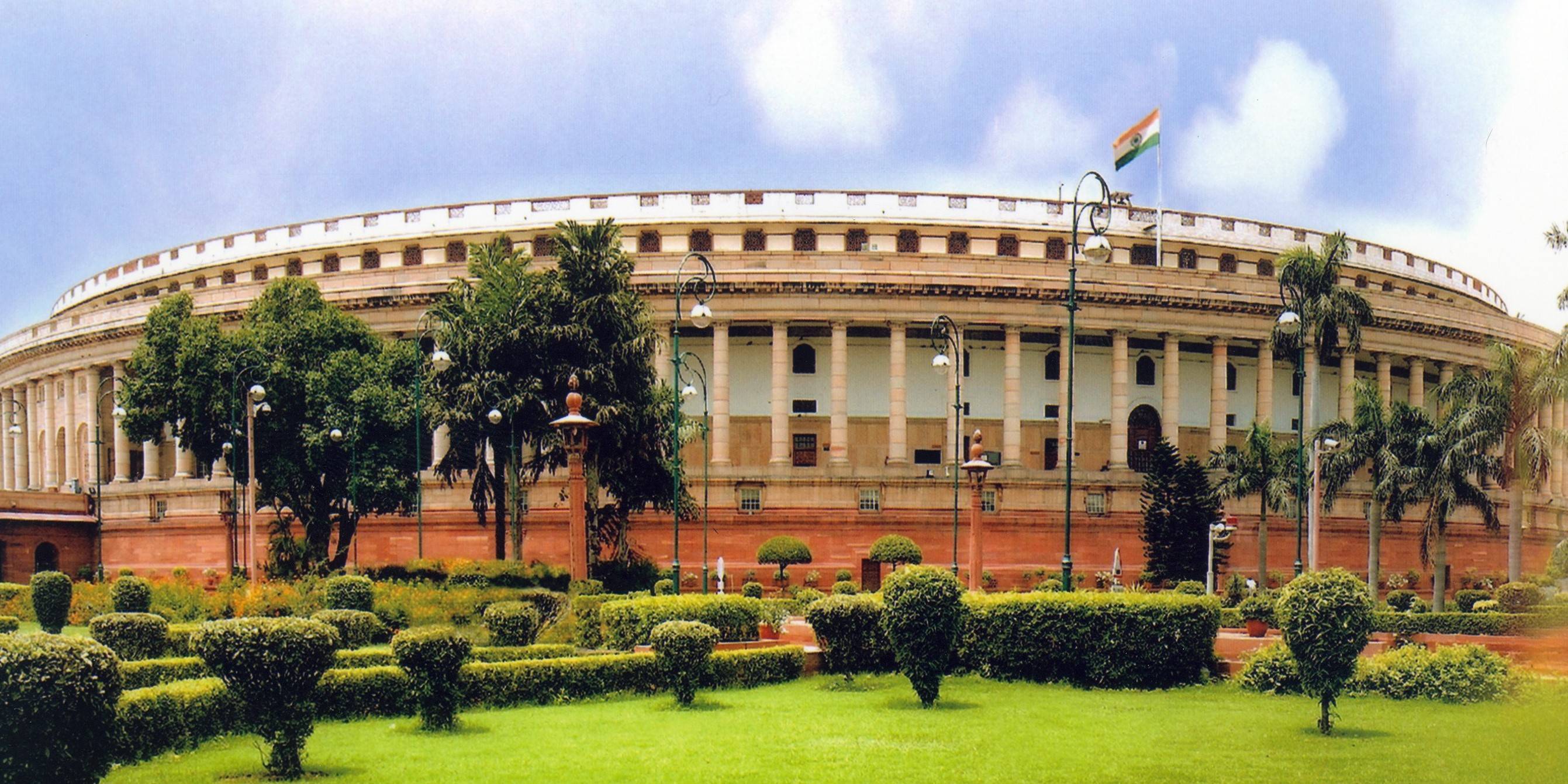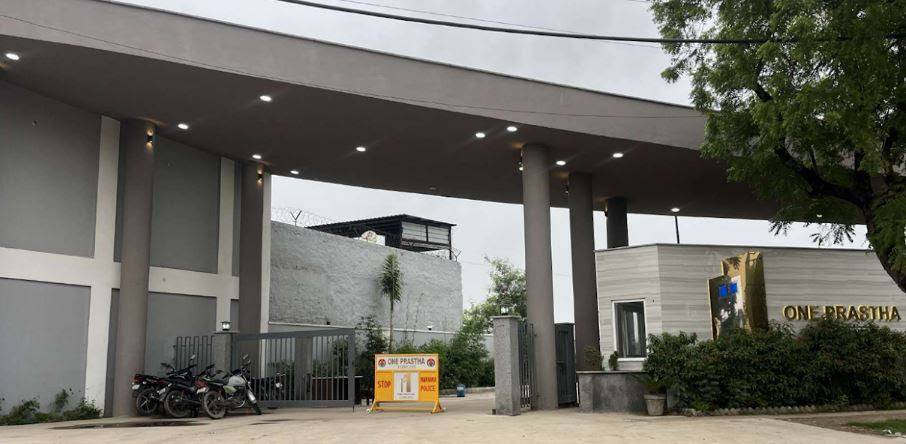The Government of India’s increasing use of consultants has raised concerns about the impact on the bureaucratic system and the potential loss of institutional knowledge. A recent report reveals that the Ministry of Housing and Urban Affairs (MoHUA) has employed 112 consultants across key programs, costing ₹2.3 crore per month in salaries.
This information was provided in response to a query by Trinamool Congress MP Saket Gokhale in the Rajya Sabha. While consultants play a significant role in executing government initiatives, this trend brings up questions about its long-term sustainability.
The PM SVANidhi scheme, which provides subsidized loans to street vendors, employs the largest group of consultants, with 30 experts involved. Originally launched during the COVID-19 lockdown to assist vendors, the program has since expanded to offer additional welfare and social security benefits. Additionally, the Smart City Mission relies on 18 consultants for urban transformation efforts, while the Pradhan Mantri Awas Yojana (Urban) engages 16 consultants to focus on urban housing initiatives.
Consultants are paid between ₹2.5 lakh and ₹5 lakh per month, reflecting the high cost of outsourcing expertise. This raises concerns about the financial viability of such an approach, especially as consultancy fees continue to rise and reliance on external experts grows.
As per Times of India report, a former Senior bureaucrat, who spoke anonymously, this over-reliance on consultants is concerning. While consultants can bring new perspectives and increase efficiency, their growing role has reduced the need for government officers to develop and retain essential skills. The bureaucrat observed that officers are increasingly turning to consultancy firms for tasks such as preparing presentations and cabinet proposals, weakening institutional knowledge.
The issue has been noted by India’s top leadership. At a meeting chaired by Prime Minister Narendra Modi, concerns were raised about the growing role of consultants in government projects. While the Prime Minister acknowledged their value, he questioned whether India’s experienced bureaucrats, with their deep understanding of the country’s systems, need external experts to manage initiatives.
The financial impact of this reliance is significant. The ₹2.3 crore spent each month on consultants by just one ministry is a large sum. The presence of highly paid consultants, earning up to ₹5 lakh per month, underscores the premium placed on specialized knowledge. However, concerns about long-term sustainability remain, as the cost of hiring external experts could strain government budgets, particularly for ministries with limited resources.
Another key issue is the erosion of institutional knowledge. As consultants take over critical tasks, government employees may lose the ability to independently manage and sustain programs. Continued reliance on external agencies for even routine tasks could undermine the effectiveness of the administrative framework, making it harder for the government to function independently.
Experts suggest a more balanced approach. One key strategy is investing in the development of government officers. By improving their skills and knowledge, the government can reduce its dependence on consultants and allow employees to take on more leadership responsibilities. Consultants should be engaged only for highly specialized or short-term projects where their expertise is necessary. It’s also important to ensure that knowledge gained from consultants is passed on to government officers, helping to build internal capabilities for future independence.
By focusing on capacity building, selective engagement of consultants, and knowledge transfer, the government can avoid over-reliance on external expertise and develop a self-sufficient administrative system to drive India’s growth.
Image source- facebook.com









.png)